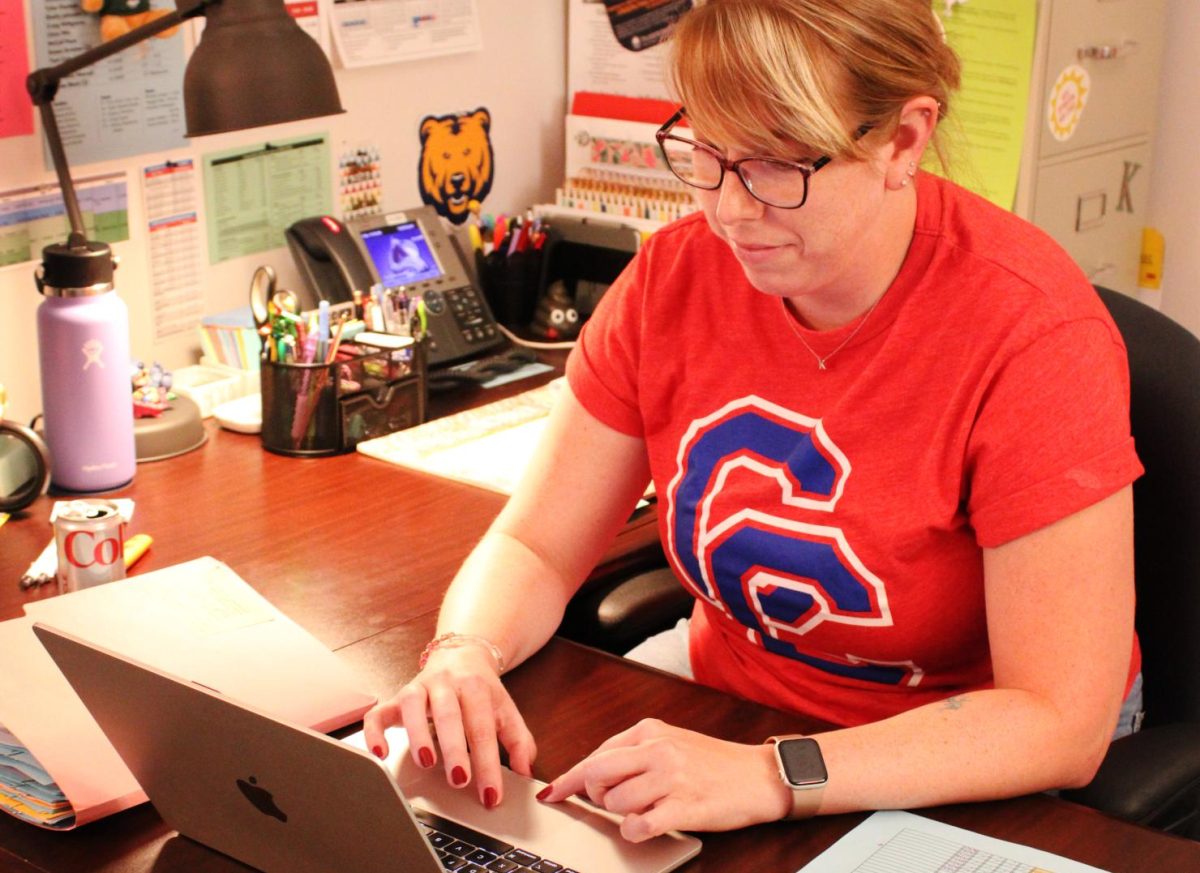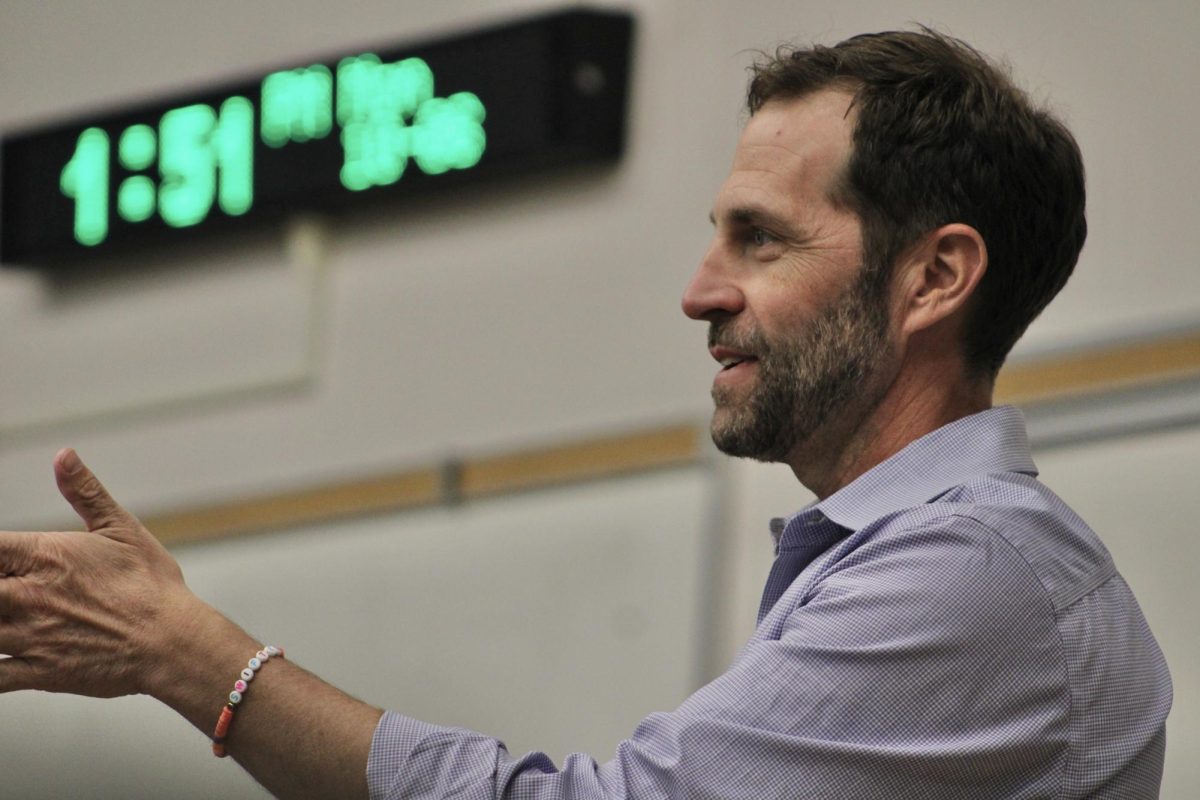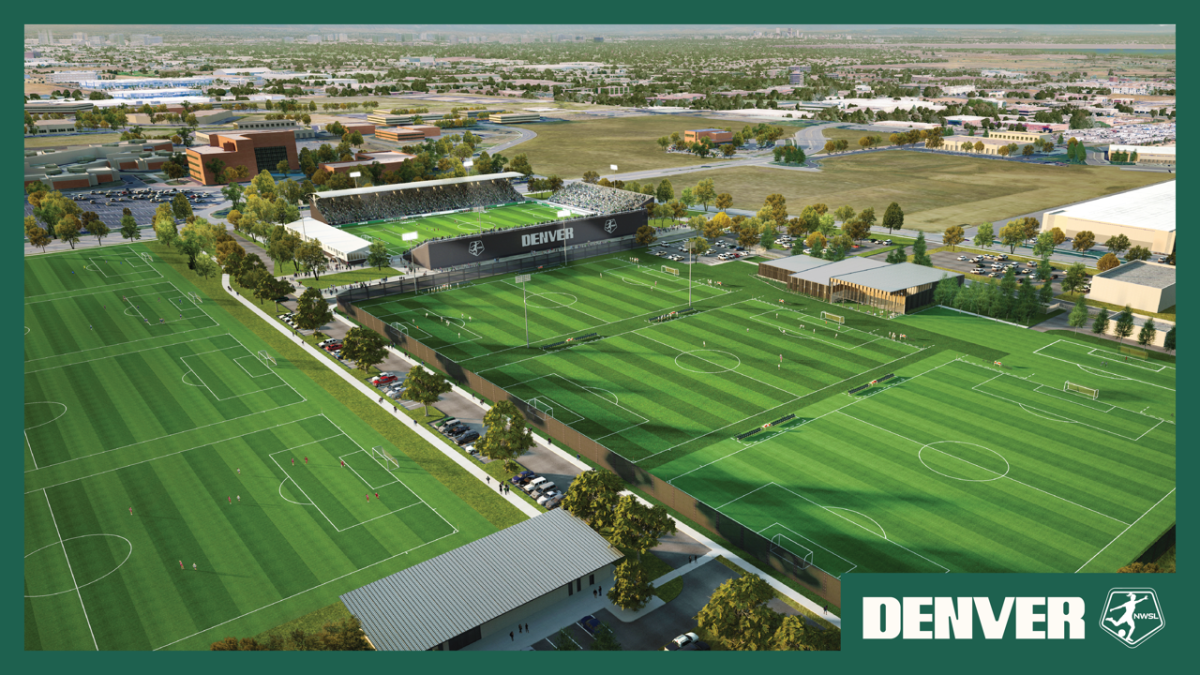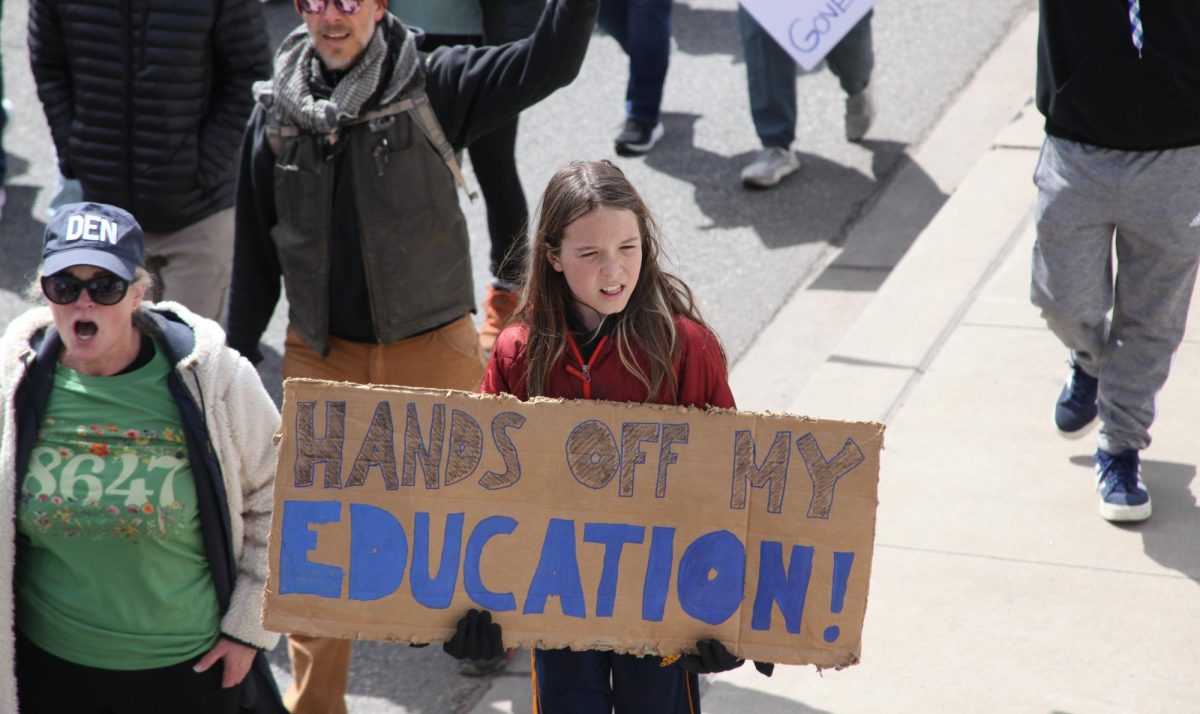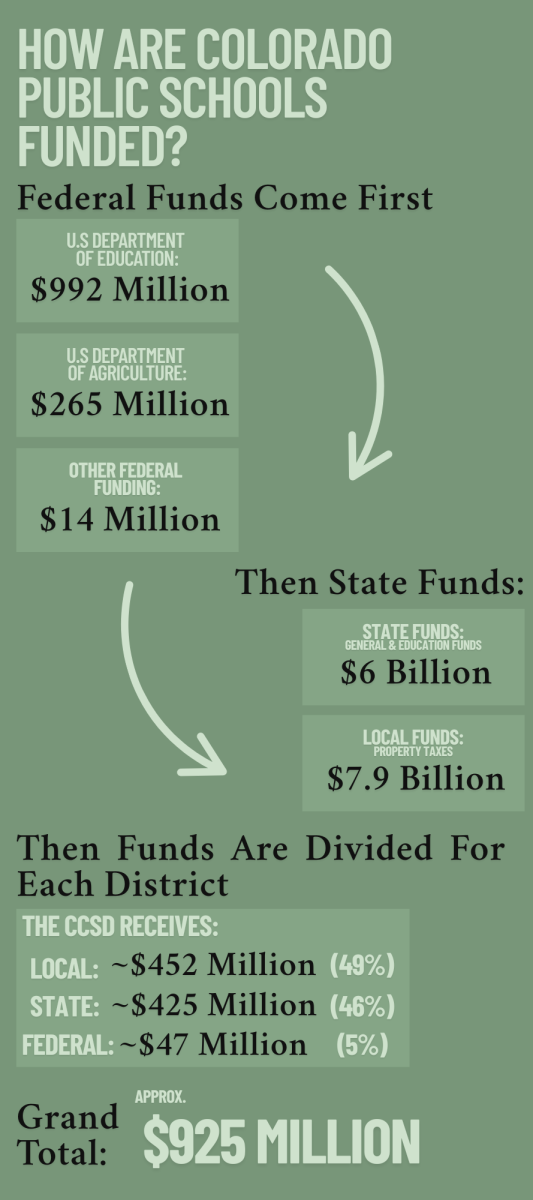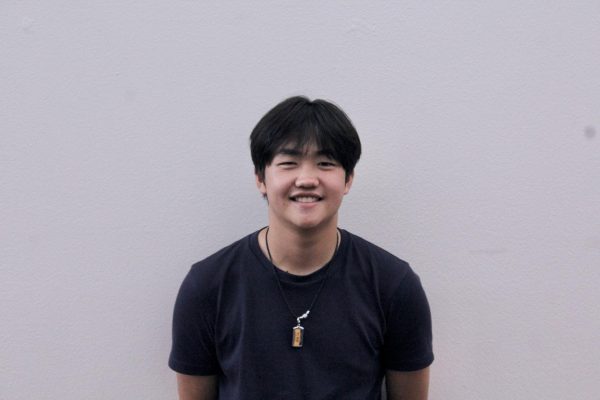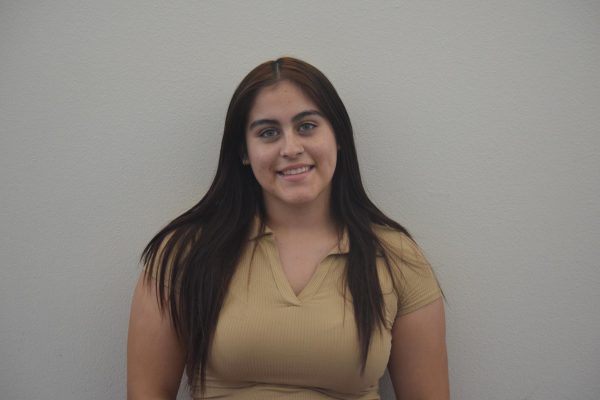The Gifted and Talented Program, created for academically accelerated students, has been renamed district-wide to the Neurodiverse Student Services.
Creek Counselor Renee Beck announced through Schoology on Aug. 21 that the program was now called the Neurodiverse Student Seminar.
“My understanding is that there were a lot of different stakeholders involved in the discussion,” Assistant Principal Jessica Robinson said. The change was district-wide, with Creek being one of the many schools affected by it.
According to Neurodiverse Student Services Liaison Dr. Daniel Buehler, the new term helps the program define its students better, to accurately describe how, neurologically, gifted students are different from people who are neurotypical.
Students that are identified as gifted through the state criteria “score in but the 95th percentile or higher among multiple assessments, but also cognitive assessments,” Neurodiverse Student Services Liaison Dr. Daniel Buehler said.
This change to the program, one that encompasses hundreds of students from elementary to high school, was motivated by the hopes that students considered “gifted” could accurately describe themselves, without the assumption of complete academic prowess.
According to Beuhler, the new term helps the program define its students better. “There is a biological difference in how kids are wired…kids and adults who may be dyslexic or dysgraphic or autistic,” Beuhler said. “It’s to say that [some brains] are not typical, five percent of the population is at one end of the spectrum or the other…they are diverse as opposed to typical.”
The program is designed to explain how biologically gifted students are different from people who are neurotypical. “When we look at the MRI residents of a brain that is gifted versus neurotypical, there is a difference,” Buehler said.
Other than the name, the program itself is untouched.
“Substantively, nothing’s changed. The title of the department’s changed, [the] title of our titles have changed” Beuhler said.
However, Dr. Buehler believes this will be a change that will take a while to be accepted. “It takes a while for the term to kind of seep into society and seep into the daily conversation,” Beuhler said.
But these adjustments have been met with concern from students. “I highly doubt that everyone in this program would consider themselves a neurodivergent individual,” sophomore Adam Main said. “I don’t think neurodiverse is being applied properly here.”
Despite feeling some concern about the issue, students have yet to feel any impact of the change. “I never really thought of being ‘neurodiverse,’” sophomore Andy Bian said. “I think that I’m just a normal person and don’t need some kind of special title.”

